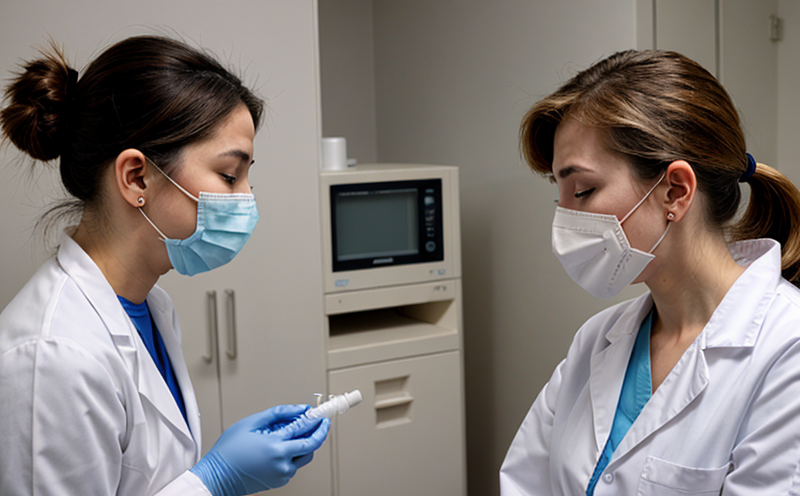Delayed-Type Hypersensitivity Testing in Laboratory Animals
Delayed-type hypersensitivity (DTH) testing is a critical component of clinical and healthcare testing, especially within the realm of allergy and immunology. This type of immune response occurs several hours after exposure to an allergen or antigen. It plays a pivotal role in understanding the mechanisms underlying certain allergic reactions and autoimmune diseases.
The primary focus of DTH testing is to assess the body's delayed hypersensitivity reaction by introducing antigens into laboratory animals, typically mice, rats, or guinea pigs. The test evaluates the ability of T cells to trigger an immune response, which results in the formation of a granuloma—a localized collection of inflammatory cells at the site of antigen exposure.
The process involves several key steps: first, the animal is sensitized by administering the allergen subcutaneously or intradermally. After a latency period, the same or a different allergen is re-administered to elicit an immune response. The presence and size of granulomas formed at the site are then measured under microscopic examination.
This test is particularly useful in preclinical research for evaluating:
- The efficacy of potential therapeutic agents aimed at modulating DTH responses,
- Understanding immune pathophysiology, especially in diseases like asthma and certain autoimmune disorders,
- Identifying biomarkers that can predict or monitor the course of a disease.
For quality managers and compliance officers, this test ensures that pharmaceutical compounds are evaluated for their safety and efficacy. R&D engineers find it indispensable for developing new treatments, while procurement professionals benefit from accurate data to support purchasing decisions related to animal testing supplies.
Eurolab Advantages
Eurolab offers unparalleled expertise in conducting DTH tests. Our state-of-the-art facilities and highly trained technicians ensure precision, reliability, and reproducibility of results. Compliance with international standards such as ISO/IEC 17025 guarantees the highest quality laboratory practices.
We provide:
- Comprehensive testing services that cover all necessary phases of DTH research,
- Support for regulatory submissions and compliance reports,
- Customized solutions tailored to specific client needs,
- A dedicated team available 24/7 for urgent requests.
Our commitment to excellence has earned us a reputation as a leading provider in the field. Trust Eurolab for accurate, reliable DTH testing that meets your stringent requirements.
Why Choose This Test
The delayed-type hypersensitivity test is essential because it provides insights into complex immune responses that other tests might miss. Its ability to assess the functional integrity of T cells and their role in disease progression makes it invaluable for research and development.
This test allows pharmaceutical companies to:
- Identify potential therapeutic targets,
- Evaluate the safety profile of compounds by monitoring adverse immune responses,
- Optimize treatment protocols based on real-world immune dynamics.
For quality managers and compliance officers, conducting this test ensures that products meet stringent regulatory standards. The data generated can help in making informed decisions about product safety and efficacy.





